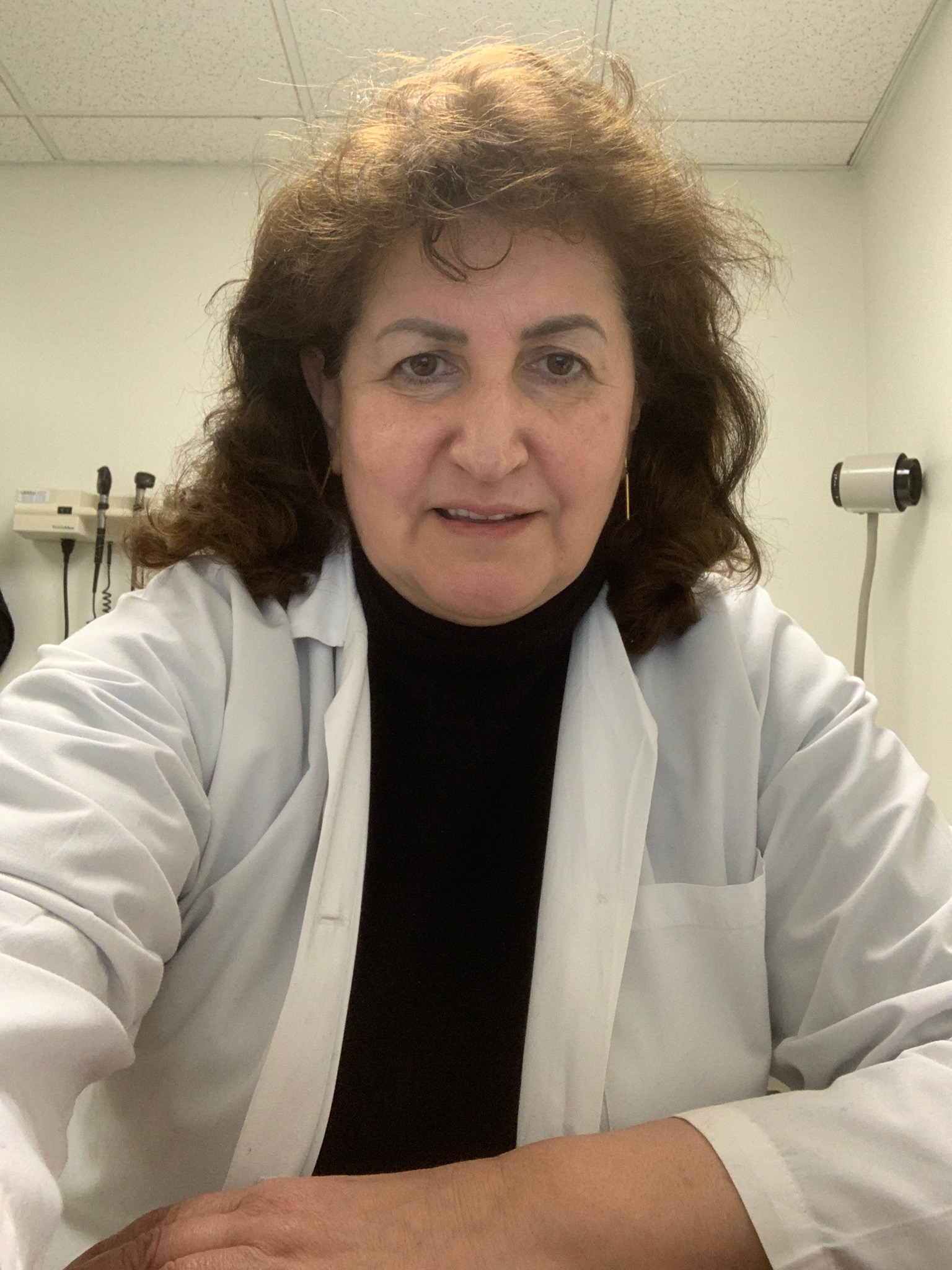Addiction Treatment
Comprehensive Recovery Programs and Support

Written by
Dr. Bessy Martirosyan

Reviewed by
Dr. Ellen Machikawa
Table of Contents
Table of Contents
Addiction:Consequences and Treatments
Addiction is habitual, psychological or physiologic dependence on a substance or practice that is beyond voluntary control. It represents a complex brain disorder characterized by compulsive engagement in rewarding stimuli despite adverse consequences.
Addiction affects millions of people worldwide and can have devastating consequences on physical health, mental well-being, relationships, and overall quality of life. Understanding addiction as a medical condition rather than a moral failing is crucial for effective treatment and recovery.
At Savant Care, we provide comprehensive addiction treatment services that address both the physical and psychological aspects of addiction, helping individuals achieve lasting recovery and reclaim their lives.
Types of Addiction
Prescribed Drugs
Addiction to prescription medications including opioids, benzodiazepines, and stimulants prescribed for medical conditions.
Alcohol
Chronic alcohol addiction affecting physical health, mental well-being, and social relationships.
Marijuana
Cannabis dependence that can impact motivation, memory, and daily functioning despite its legal status in some areas.
Heroin
Highly addictive opioid with severe physical dependence and life-threatening withdrawal symptoms.
Stimulants
Addiction to substances like cocaine, methamphetamine, and amphetamines that increase energy and alertness.
Nicotine
Tobacco and nicotine addiction causing serious health consequences including cancer and cardiovascular disease.
Inhalants
Abuse of household chemicals and solvents that can cause immediate organ damage and sudden death.
Hallucinogens
Substances like LSD, PCP, and magic mushrooms that alter perception and can cause lasting psychological effects.
Consequences ofAddiction
Weak Immune System
Increased susceptibility to infections and illnesses due to compromised immune function.
Cardiovascular Disease
Heart problems, high blood pressure, and increased risk of heart attack and stroke.
Nausea
Chronic nausea and digestive issues affecting nutrition and quality of life.
Abdominal Pain
Chronic stomach pain and gastrointestinal complications from substance abuse.
Liver Failure
Severe liver damage and potential failure from prolonged substance abuse.
Strokes
Increased risk of stroke due to blood pressure changes and vascular damage.
Impaired Judgment
Poor decision-making abilities affecting personal and professional relationships.
Lack of Self-Control
Loss of control over behavior and inability to resist substance use.
Hallucination
Visual, auditory, or tactile hallucinations affecting perception of reality.
Cancer
Increased cancer risk, particularly lung, liver, and throat cancers from substance use.
Hormone Imbalance
Disruption of natural hormone production affecting mood, metabolism, and reproduction.
Loss of Memory
Short-term and long-term memory problems affecting daily functioning and cognition.
Treatment Methods
Therapy and Medication
Comprehensive treatment combining evidence-based therapy approaches with medication-assisted treatment (MAT) when appropriate.
- Cognitive Behavioral Therapy (CBT)
- Medication-Assisted Treatment
- Individual and Group Counseling
Outpatient Programs
Flexible treatment options that allow individuals to maintain their daily responsibilities while receiving comprehensive care.
- Intensive Outpatient Programs
- Day Treatment Programs
- Support Group Meetings
Hospitalization
Inpatient treatment providing 24/7 medical supervision and intensive therapy for severe addiction cases.
- Medical Detoxification
- 24/7 Medical Monitoring
- Residential Treatment Programs
Ready to Start Your Recovery Journey?
Take the first step towards recovery with comprehensive addiction treatment at Savant Care. Our experienced team is here to support you every step of the way.
Frequently Asked Questions
Get expert answers to the most common questions about addiction treatment, recovery options, and what to expect during your journey to wellness
What are the signs of addiction?
Signs include compulsive use despite negative consequences, inability to control or stop use, withdrawal symptoms when not using, tolerance requiring more of the substance, neglecting responsibilities, and continued use despite health problems.
Warning Signs
Early recognition of these signs can lead to more effective treatment outcomes.
How long does addiction treatment take?
Treatment duration varies based on individual needs, type of addiction, and severity. Most programs range from 30-90 days for initial treatment, with ongoing support and therapy continuing for months or years to maintain recovery.
Treatment Timeline
Recovery is a journey that requires time, patience, and ongoing commitment to wellness.
Is addiction treatment covered by insurance?
Many insurance plans cover addiction treatment due to mental health parity laws. Coverage varies by plan, but may include detox, inpatient and outpatient treatment, counseling, and medication-assisted treatment. Contact your insurance provider to verify coverage.
Insurance Coverage
Most plans cover addiction treatment with proper prior authorization and documentation.
Can addiction be treated with medication?
Yes, medication-assisted treatment (MAT) is effective for many types of addiction. Medications can help manage withdrawal symptoms, reduce cravings, and prevent relapse. Common examples include methadone and buprenorphine for opioid addiction, and naltrexone for alcohol addiction.
Medication-Assisted Treatment
Evidence-based approach combining medication with counseling and behavioral therapies.
Are there support groups for family members?
Yes, family support is crucial in addiction recovery. Programs like Al-Anon, Nar-Anon, and family therapy sessions help families understand addiction, develop healthy coping strategies, set boundaries, and provide effective support while taking care of their own emotional well-being.
What is the success rate of addiction treatments?
Success rates vary by addiction type and treatment approach, but studies show that comprehensive treatment programs have success rates of 40-60%. Success is often measured by sustained recovery, improved quality of life, and reduced substance use. The key factors include program completion, ongoing support, and individualized treatment plans.
References
[1] National Institute on Drug Abuse. (2023). Principles of Drug Addiction Treatment.
[2] American Psychiatric Association. (2022). Diagnostic and Statistical Manual of Mental Disorders (5th ed., text rev.).
[3] World Health Organization. (2022). Management of substance abuse.
[4] Mayo Clinic. (2023). Addiction: Symptoms and causes.
[5] Cleveland Clinic. (2023). Addiction treatment and recovery.
